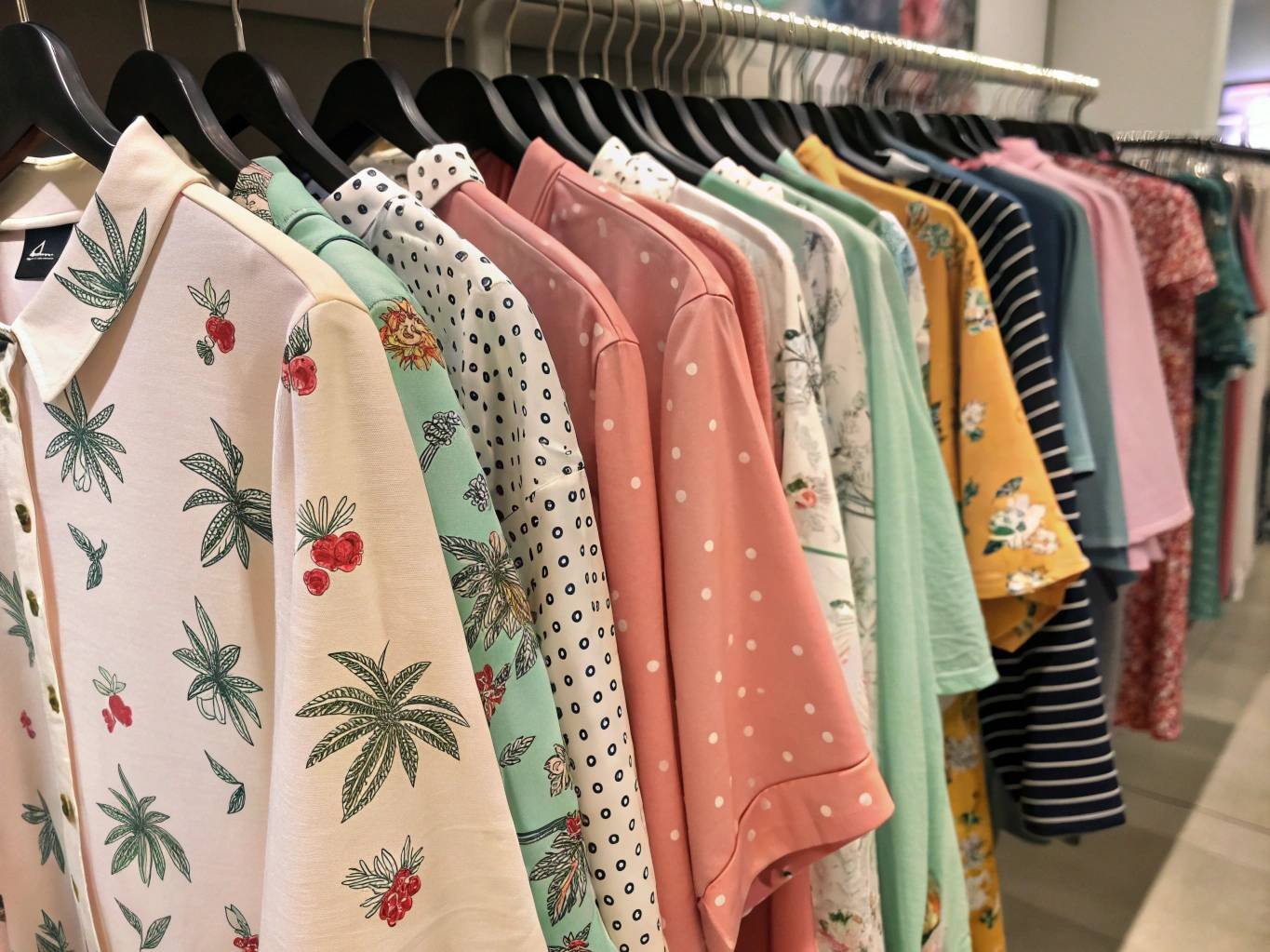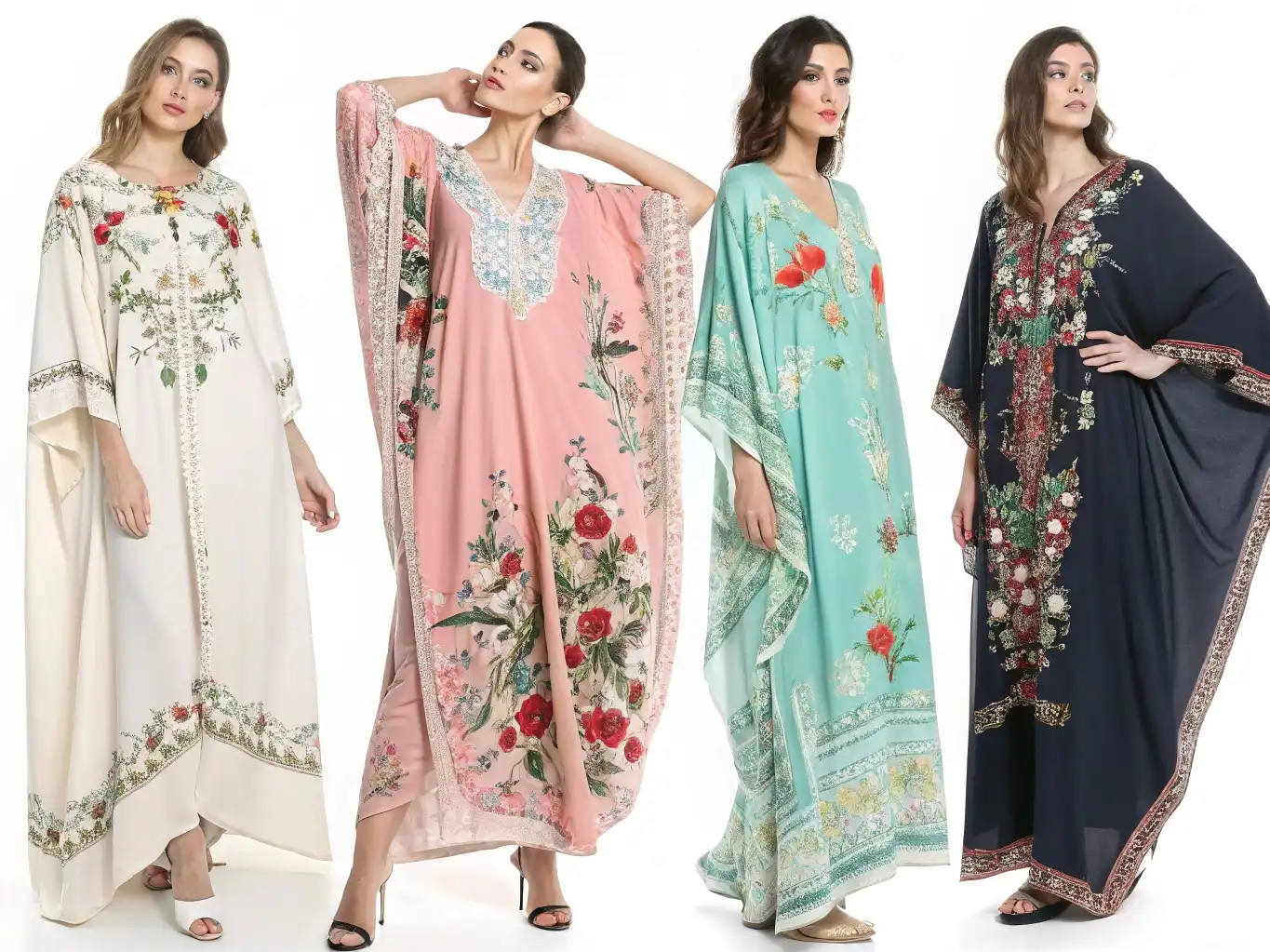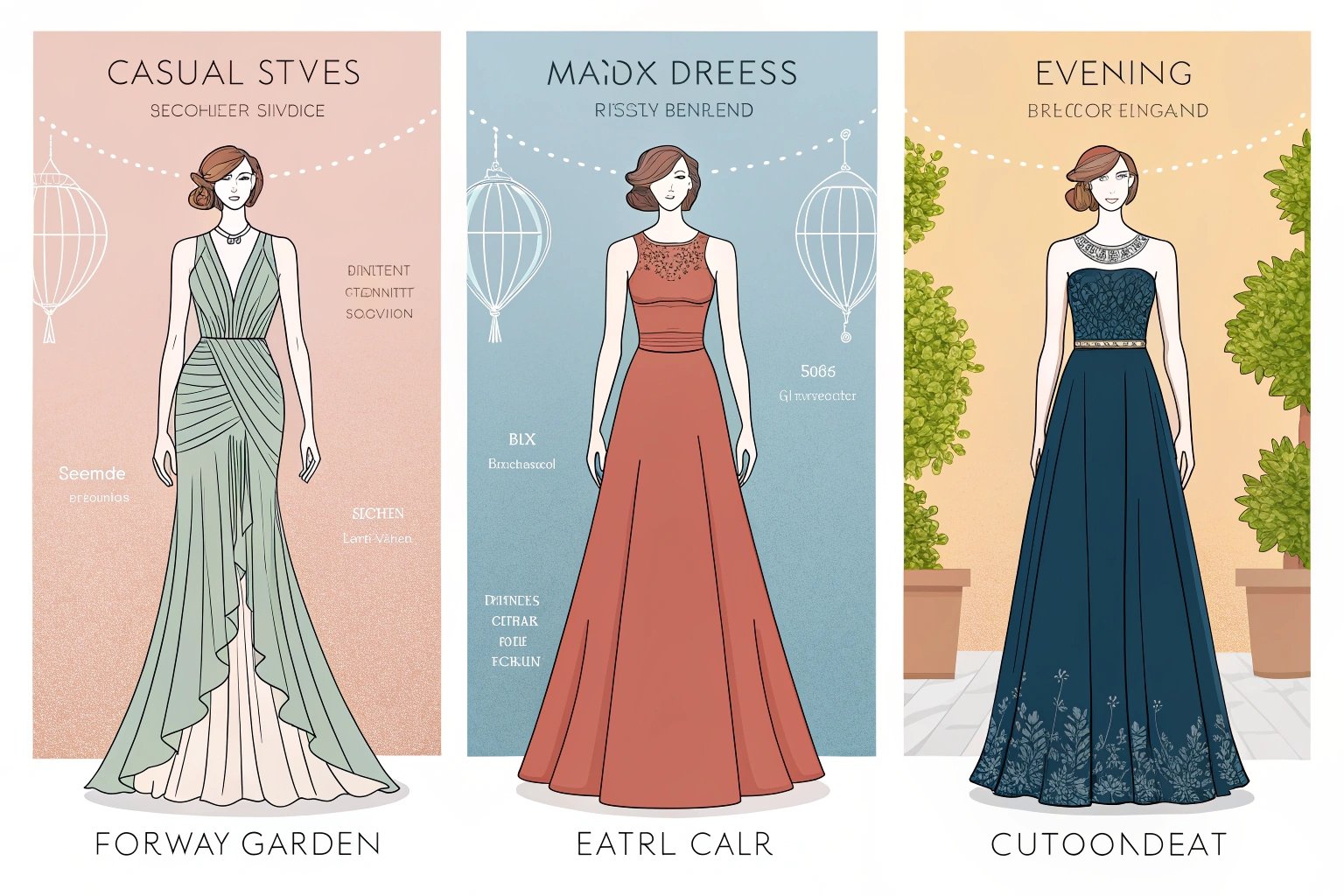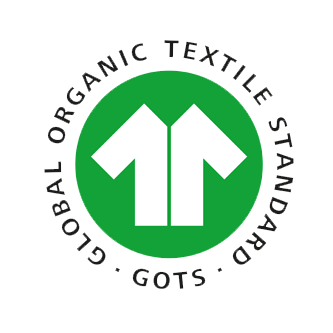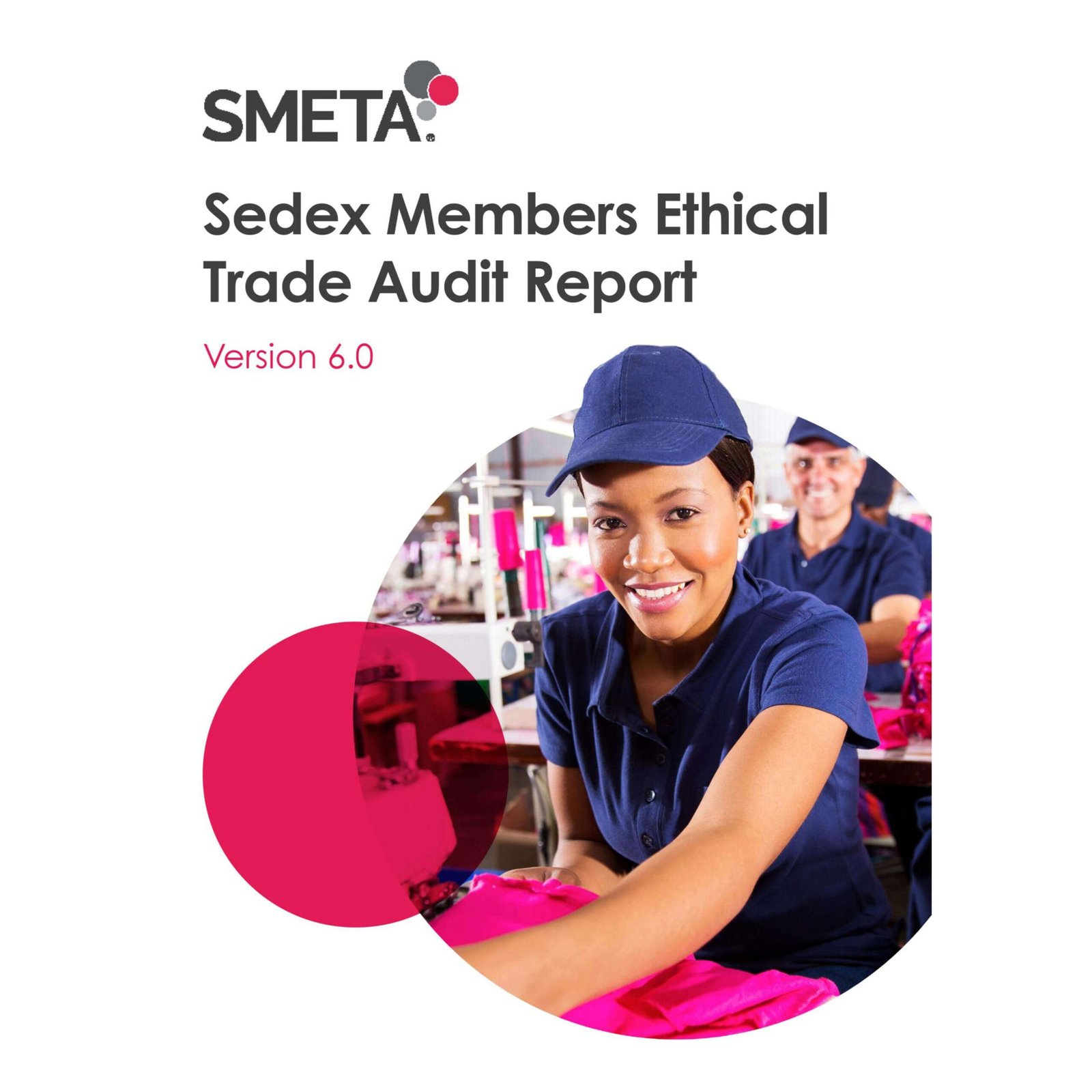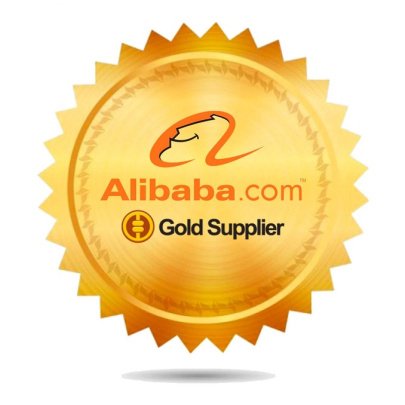If you’re curious about the manufacturers behind your favorite clothing brands, whether for ethical reasons, to understand quality, or to find similar suppliers for your own brand, discovering the clothing brand’s manufacturer1 can be a challenge. But with the right research tools and strategies, you can uncover which manufacturer a clothing brand uses and explore manufacturers near you.
Finding the manufacturer behind a clothing brand requires a mix of investigative tactics, from examining product labels to leveraging online resources. Understanding the source of a brand’s manufacturing is essential for anyone involved in the fashion industry, whether you are sourcing for your own brand or researching competitors.
Let’s dive into the best strategies to find a brand’s clothing manufacturer and how to work with local manufacturers.
What Are the Best Ways to Identify a Clothing Brand’s Manufacturer?
Finding the right manufacturer for a clothing brand can be tricky, but with the right approach, you can trace back the source. It requires examining product details, using online tools, and applying direct communication tactics.
Using product labels, online databases, and tools can help you uncover the clothing manufacturer behind a brand. In some cases, brands may also disclose this information directly to the public.

Fashion designer on a video call in her studio.
Here are some of the most effective ways to identify a clothing brand’s manufacturer1:
| Method | Description | Pros | Cons |
|---|---|---|---|
| Product Labels | Check for manufacturer names or codes on the label | Direct information can sometimes be found | Not all brands disclose manufacturer info on labels. |
| Online Tools & Databases | Use fashion-specific tools and directories to track manufacturers | Searchable databases help you find manufacturers efficiently | Limited availability of comprehensive databases. |
| Contacting the Brand Directly | Reach out to the brand and inquire directly about their manufacturer | Direct answer, especially for transparent brands | Brands may not be forthcoming or might not respond. |
How Can You Use Product Labels to Trace a Brand’s Clothing Manufacturer?
Product labels often contain important details about a garment’s production process, and sometimes even the manufacturer’s name or factory location.
Look for "Made in" labels, country of origin, and specific codes. Some labels might even list the manufacturer’s name or factory address, which can be a valuable starting point.
| Label Information | What It Can Tell You | How to Use It |
|---|---|---|
| "Made in" Country | Tells you the country where the clothing was manufactured | Narrow down to manufacturers in that region. |
| Manufacturer Codes | Sometimes found in small print or barcodes | Use online databases or contact authorities to identify them. |
| Certifications (e.g., GOTS) | Indicates compliance with organic standards or other certifications | Research to find out which manufacturers adhere to these standards. |
Are There Online Tools or Databases to Help Find a Brand’s Manufacturer?
Yes, there are online databases and tools that track the manufacturing practices of clothing brands. Platforms like Open Apparel Registry2 and Good On You provide insight into brands’ supply chains.
These platforms make it easier to trace the origins of your favorite brands and identify ethical manufacturers.
| Online Tool or Database | Description | Key Features |
|---|---|---|
| Open Apparel Registry | A global database that lists clothing manufacturers and their certifications | Allows you to search by brand, manufacturer, and location |
| Good On You | A platform that rates clothing brands based on sustainability and ethical practices | Shows transparency of brands and their manufacturing sources |
| Ethical Fashion Guide | A directory of ethical clothing brands and manufacturers | Focuses on sustainability and ethical practices in fashion |
How Can You Research Clothing Manufacturers Near You?
Working with local manufacturers can be beneficial for quicker production timelines, cost savings, and easier communication. Here’s how you can find reliable clothing manufacturers near your location.
Researching manufacturers near you involves exploring local directories, trade shows3, and using online platforms that focus on regional sourcing.
Below are strategies for finding reliable local clothing manufacturers:
| Strategy | Description | Benefits |
|---|---|---|
| Local Directories | Use regional business directories or textile industry listings | Easy to search for nearby manufacturers, especially for small or medium-sized brands. |
| Trade Shows | Attend local fashion trade shows to meet manufacturers directly | Face-to-face interactions and the ability to see samples firsthand. |
| Online Local Networks | Use platforms like Maker’s Row or Kompass to find local manufacturers | Helps you filter results by location, size, and type of manufacturing. |
What Are the Advantages of Working with Local Clothing Manufacturers?
Working with local clothing manufacturers can offer several advantages for your business.
Local manufacturers can provide quicker lead times, easier communication, and often lower shipping costs compared to overseas suppliers.
| Advantage | Description | Impact on Business |
|---|---|---|
| Faster Lead Times | Reduced production and shipping time | Helps to meet tight deadlines and faster inventory replenishment. |
| Lower Shipping Costs | No international shipping fees and customs duties | Reduces overall cost of goods sold (COGS). |
| Ease of Communication | Face-to-face meetings or local calls | Builds stronger relationships and avoids communication barriers. |
How Do You Search for Reliable Clothing Manufacturers Near Me?
To find a reliable clothing manufacturer nearby, consider these steps:
Search local business directories, attend industry events, or ask for recommendations from other brands. Reliability is key, so always vet potential manufacturers by reviewing their past work.
| Search Method | Description | What to Look For |
|---|---|---|
| Industry Associations | Use textile or apparel industry associations’ websites to find certified manufacturers | Verify their credibility and adherence to industry standards. |
| Online Platforms | Platforms like Maker’s Row and Kompass allow for location-based searches | Look for customer reviews, sample quality, and timely delivery records. |
How Can You Contact a Brand to Ask About Their Clothing Manufacturer?
If you’re unable to find manufacturer information through labels or databases, contacting the brand directly might be your next best option. However, not all brands may disclose this information.
Reaching out to a clothing brand requires a professional approach. Be clear about your intentions and respectful of the brand’s policies.
Here’s how to contact a brand for manufacturer information:
| Contact Method | Description | Best Practices |
|---|---|---|
| Send a polite and professional email inquiry | Clearly explain your purpose and why you need the information. | |
| Social Media | Direct message through platforms like Instagram or Twitter | Be concise and respectful, as brands are more likely to respond to short inquiries. |
| Customer Service Hotline | Call the customer service line | A direct conversation may yield quicker answers. |
What Is the Best Way to Reach Out to a Brand for Manufacturer Information?
To get the best response, send a concise email or message through social media.
Be specific about why you need the information and how it can benefit both parties. Mention that you are researching ethical practices4, sourcing alternatives, or trying to find a similar manufacturer for your brand.
How Do Clothing Brands Typically Respond to Inquiries About Their Manufacturers?
Some clothing brands may be hesitant to disclose manufacturer details due to competitive reasons or proprietary concerns.
Brands may choose not to respond to inquiries, or they may direct you to their customer service teams. However, transparent brands focused on ethical practices4 may be more willing to share this information.

What Are the Benefits of Knowing a Clothing Brand’s Manufacturer?
Knowing the manufacturer behind a clothing brand can provide valuable insights into the brand’s production quality, ethical practices, and potential suppliers for your own brand.
Being aware of a brand’s manufacturer can also help you find other brands with similar production styles or values, and improve your own sourcing decisions.
Here are some of the key benefits of knowing a brand’s manufacturer:
| Benefit | Description | How It Helps You |
|---|---|---|
| Identify Similar Brands | Knowing the manufacturer can lead you to similar brands with the same production processes | Helps you discover competitors or potential partners. |
| Find Sustainable Practices | Understanding a brand’s manufacturer can reveal whether they are following sustainable and ethical practices | Allows you to align your sourcing with sustainability goals. |
| Sourcing Opportunities | Discover manufacturers that align with your own brand’s needs | Helps streamline your sourcing process by connecting with the right factories. |
How Can Knowing the Manufacturer Help You Find Similar Clothing Brands?
Knowing the manufacturer allows you to understand production methods, material choices, and even production volumes.
By understanding where a brand manufactures its products, you can identify other companies that use the same manufacturer or region, providing opportunities for collaboration or competition analysis.
How Does Understanding the Manufacturer Affect Your Own Sourcing Decisions?
Understanding a manufacturer’s processes and capabilities is essential when sourcing for your own clothing brand.
Knowing their production standards5, quality control procedures, and capabilities can help you determine whether a manufacturer is the right fit for your brand’s needs.
What Are the Challenges of Finding Out a Clothing Brand’s Manufacturer?
While it’s possible to discover a clothing brand’s manufacturer1, the process is not always easy. Some brands are protective of this information, and finding reliable sources can sometimes be a challenge.
Many clothing brands prefer to keep their manufacturing sources private for competitive reasons, which can make the process of identifying a manufacturer more difficult.
Here are some challenges to keep in mind:
| Challenge | Description | How to Overcome It |
|---|---|---|
| Brand Secrecy | Many brands are protective of their manufacturers for competitive reasons | Use indirect methods, such as contacting suppliers or researching industry trends. |
| Limited Transparency | Some manufacturers don’t disclose their clients publicly | Look for third-party databases or partner with sourcing agents who specialize in factory connections. |
Why Are Some Clothing Brands Secretive About Their Manufacturing Sources?
Some brands don’t disclose their manufacturers because they don’t want competitors to gain access to their production methods, costs, or supplier relationships.
This secrecy can make it difficult to find the right suppliers or understand a brand’s ethical practices.

How Can You Deal with Limited Information About a Brand’s Manufacturer?
If you encounter limited information, consider expanding your search to indirect sources or partnering with sourcing agents.
Consider using industry databases, attending trade shows, or reaching out to other brands with similar products to help you find the right manufacturers.
Conclusion
Finding a clothing brand’s manufacturer requires creativity and persistence. Whether you use product labels, online databases, or direct contact with the brand, there are several ways to gather information. Understanding where a brand manufactures its products can provide valuable insights into quality, ethical practices, and even help you make better sourcing decisions for your own brand.
-
Discovering the manufacturer can help you understand quality and ethical practices. ↩ ↩ ↩
-
This global database lists manufacturers, making it easier to trace brand origins. ↩
-
Attending trade shows allows for direct interaction with manufacturers and product samples. ↩
-
Understanding ethical practices can guide your sourcing decisions and brand alignment. ↩ ↩
-
Knowing production standards helps ensure you choose the right manufacturer for your needs. ↩


